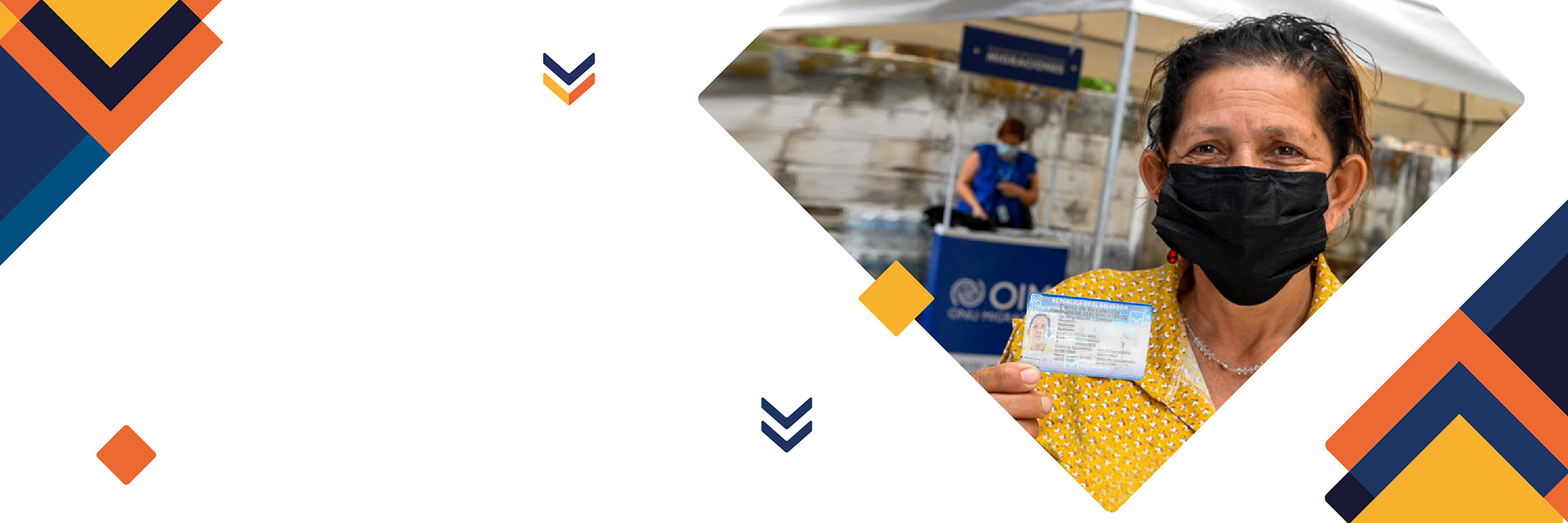Migration policy and governance refer to the "combined frameworks of legal norms, laws and regulations, policies and traditions as well as organizational structures (subnational, national, regional and international) and the relevant processes that shape and regulate States’ approaches with regard to migration in all its forms, addressing rights and responsibilities and promoting international cooperation" (IOM, 2019).
Countries often have migration governance frameworks, most of which focus on emigration and immigration aspects. This represents an opportunity to improve migration governance for governments to adopt policies that address all dimensions or domains of international migration in a holistic and comprehensive manner and contribute to sustainable development.
IOM has extensive experience in promoting policy coherence, capacity development and supporting the formulation of comprehensive and evidence-based migration policies (including legislation as well as regulatory and institutional frameworks). IOM bases its cooperation with governments on global frameworks, such as:
- 2030 Agenda and Sustainable Development Goals (SDGs)
- Global Compact for Safe, Orderly and Regular Migration (GCM).
- Migration Governance Framework (MiGOF).
IOM, as the main United Nations agency on migration, and coordinator and secretariat of the United Nations Migration Network, has a fundamental role in promoting compliance with the objectives of the GCM and in guiding and inspiring the design of migration policies based on the principles and approaches of the Compact: the pan-social and pangubermantal approach.
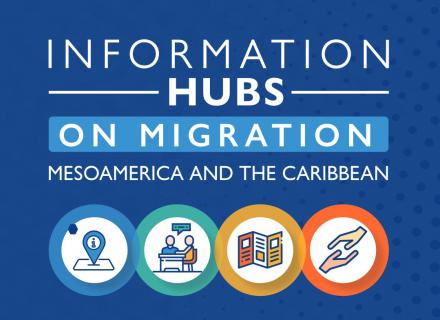
Information Hubs on Migration: Mesoamerica and the Caribbean [MANUAL]
This manual aims to offer an easy to use guide for the opening, maintenance and streghtening of Information Hubs on Migration. These are a model addressed at local government staff, institutions and organizations wanting to offer information centers for the promotion of regular, safe and orderly migration.
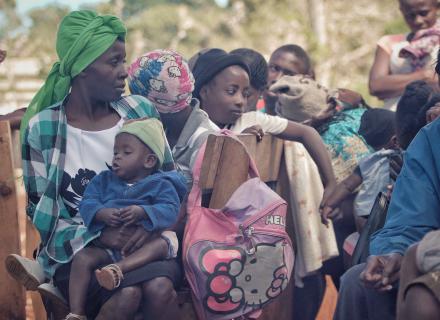
Haiti: Migration Governance Needs Assessment
The purpose of this report is to provide an overview of migration governance policies and capacities, as well as to propose recommendations for the Haitian government. The utilization of the data provided by this document will facilitate the implementation of projects that respond to real evidencebased needs and support the improvement of the government’s migration governance capabilities. In addition, this report will serve as a source of information on migration governance for the general public in Haiti and the Caribbean region.
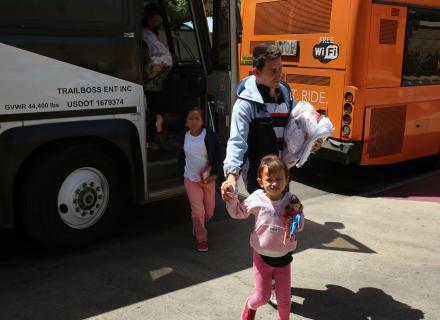
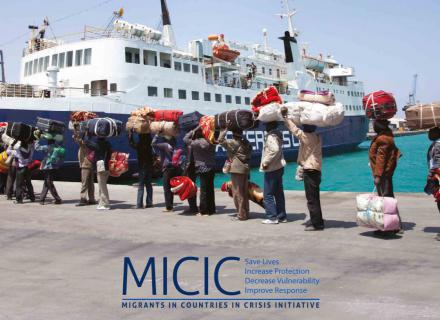
Migrants in Countries in Crisis Initiative
The MICIC Initiative's overarching goal was to improve the ability of States and other stakeholders to better prepare for, respond to, and protect the lives, dignity, and rights of migrants caught in countries experiencing conflicts and natural disasters. The Initiative successfully concluded in June 2016 with the release of the Guidelines to Protect Migrants in Countries Experiencing Conflicts and Natural Disasters. The work to improve the situation of migrants in the context of crises continues through dissemination of the Guidelines, capacity building activities, research and development of operatonal tools.

Information Hubs on Migration in Mesoamerica
The Information Hubs on Migration are centers that provide safe and trustworthy information about migration procedures, services for migrants, risks of irregular migration and alternatives for regular migration. Download the brochure to learn more about the model.
- « first
- ‹ previous
- 1
- 2
- 3
